Humorous Discourse
This book attempts to discuss selected but thorny issues of humor research that form the major stumbling blocks as well as challenges in humor studies at large and thus merit insightful discussion. Any discourse is action, so the text-creation process is always set in a non-verbal context, built of a social and communicative situation, and against the background of relevant culture. On the other hand, humor scholars claim that humorous discourse has its special, essential features that distinguish it from other discourses. The pragmatic solution to the issue of potential circularity of humor defined in terms of discourse and discourse in terms of humor seems only feasible, and thus there is a need to discuss the structure and mechanisms of humorous texts and humorous performances. The chapters in the present volume, contributed by leading scholars in the field of humor studies, address the issues from various theoretical perspectives, from contextual semantics through General Theory of Verbal Humor, cognitive linguistics, discourse studies, sociolinguistics, to Ontological Semantic Theory of Humor, providing an excellent overview of the field to novices and experts alike.
{{comment.content}}
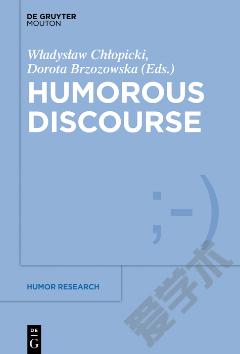
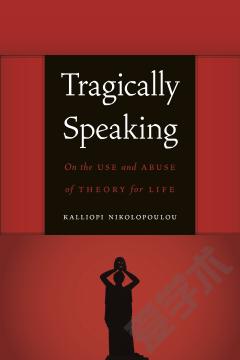
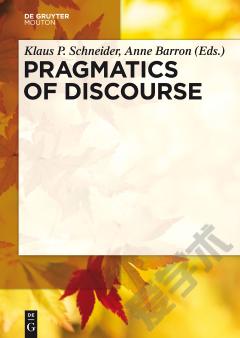
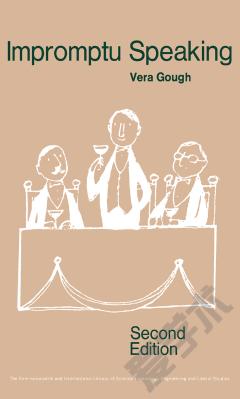
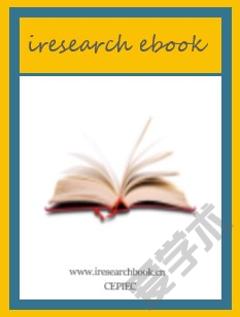
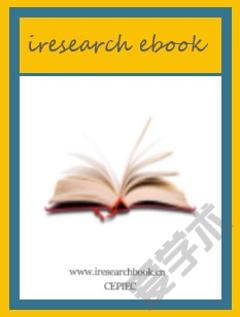
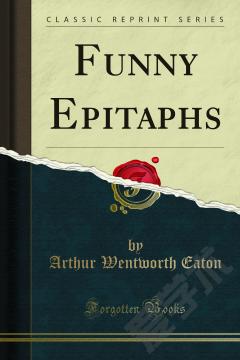

 京公网安备 11010802027623号
京公网安备 11010802027623号